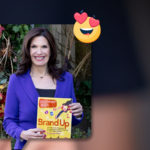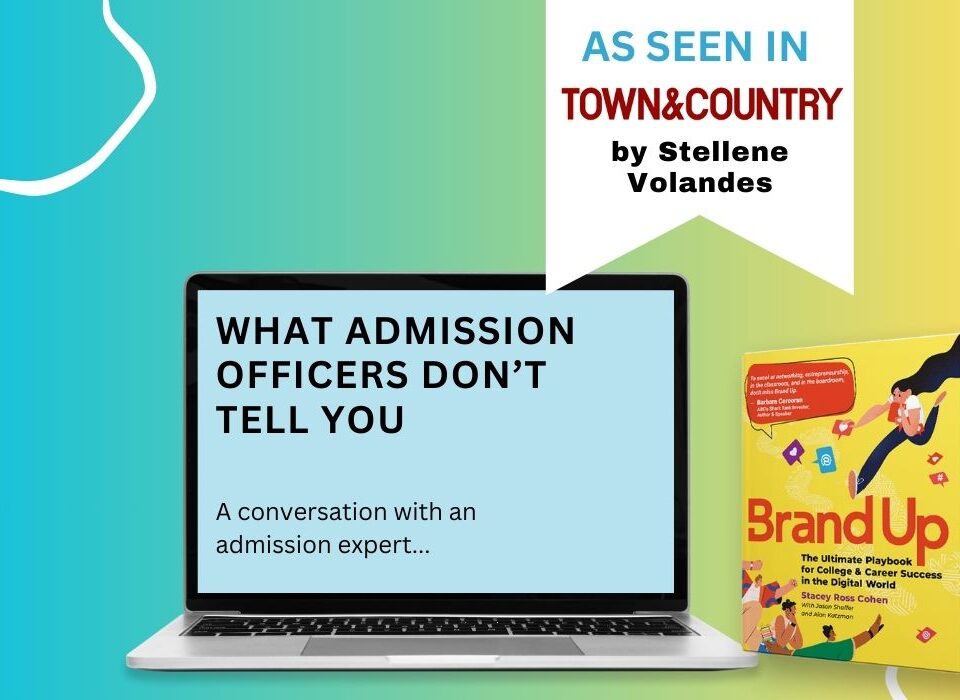
Stacey Ross Cohen Delivers Fresh Perspectives on Personal Branding at TEDxHartford
January 23, 2019
Personal branding isn't just for college students angling to enter the workforce. Rather, personal branding is a lifelong effort, one that's constantly evolving and requires regular maintenance. Our individual brands define who we are in the workforce -- they guide our career paths and have an indelible impact on our financial future. In short, they're one of the most important aspects of professional life.
Although it may seem that brands "just happen," building brand equity is not an overnight process. Personal branding should start early, allowing the brand to grow and strengthen over time. The ideal time to start is high school. Teens should identify and hone their strengths and interests -- a clear, powerful brand can land a student at a top college and entice prospective employers.
Personal branding is also about standing out. More than 200,000 high school seniors graduated with a 4.0 GPA last year. Nearly 3,000 students scored 2200-plus on the SAT, and Harvard rejected 200 applicants who boasted a perfect 2400 score. When a Fortune 500 company posts an entry level job opening, thousands of applications pour in. While many applicants will be unqualified, there will be a substantial number that satisfy the job requirements. In a sea of sameness, the need to develop a strong point of difference to progress to the next round is non-negotiable.
From high school students to retirees, each individual's brand is unique -- but the process of uncovering, cultivating and growing a brand is often universal. Below are eight tips for getting started:
2. Have an answer to "what's in it for me?" Why should your target audience employ you? What's your value? What makes you stand out from the host of other applicants? You need to stress your value and strengths. But, avoid tailoring your brand too much to the audience. Make your brand about you first.
3. Know how to work a room. Networking is face-to-face marketing. Don't focus on how many people you meet networking -- focus on meeting the right people. Building relationships is the core of effective networking.
4. Stay on brand. Maintain a consistent voice across different channels. Ensure your LinkedIn, Twitter and other profiles are up-to-date and in harmony.
5. Be self-aware. Always seek feedback. Ensure your brand is not only clearly articulated, but also that you know how to deliver on your brand and make it grow.
6. Create a powerful online presence. Reputation management is key. The digital footprint one leaves across the Internet is the encapsulation of his/her personal brand.
7. Have a multi-channel approach. Your toolkit should include, but not be limited, to: LinkedIn, blogging, volunteer work and speaking at industry conferences. Consider all touch points, like e-mail, cell phones and mailed greetings. To stand out, develop a resume with keywords and customized infographics, along with powerful business cards and head shots. And create and share content that will position you as a thought leader.
8. Deliver on your promise. Remember: you are the product. Gauge your brand behavior and ensure you return phone calls and emails promptly. Not delivering on promises can wreak havoc on the integrity of your personal brand.
Now you're ready to develop your own compelling narrative and competitive advantage. And don't forget to hone it relentlessly. No matter your age or career trajectory, your personal brand has to be fit for a king.




